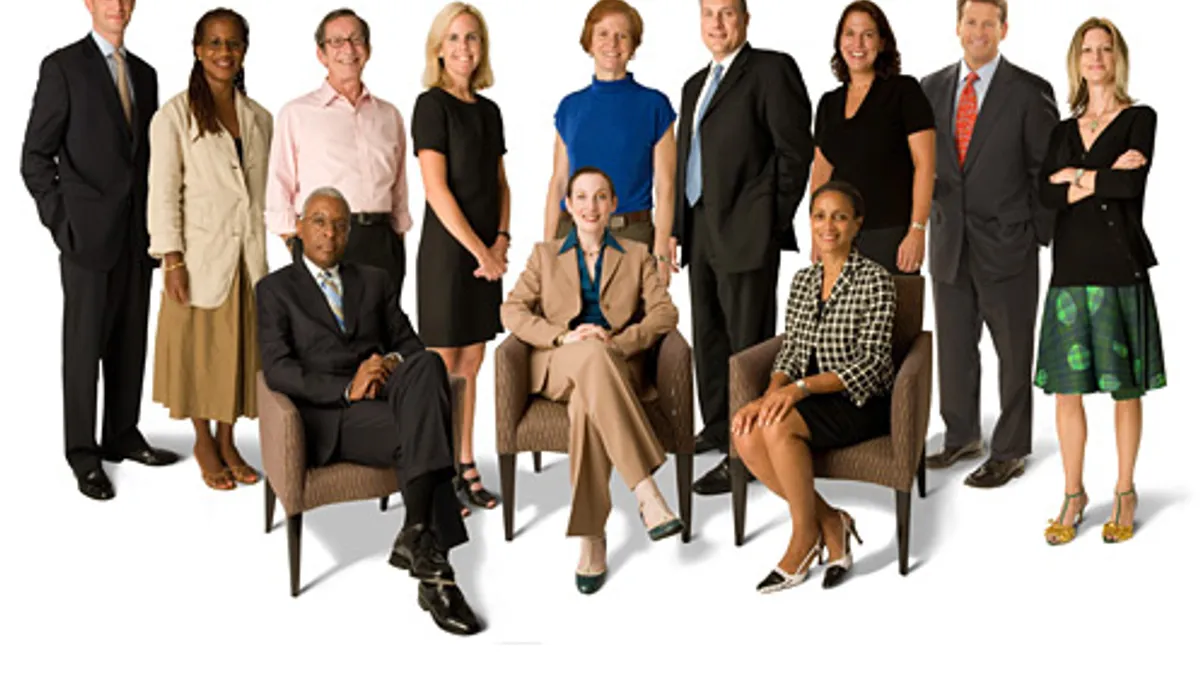Dive Brief:
-
Affirmative action was ruled legal in a 4-3 vote by the Supreme Court last week, and while the case involved a college admissions scenario, it also potentially, and positively, impacts employers looking to boost diversity efforts, according to SHRM.
-
In the Fisher v. University of Texas cases, the Court decided that the rule used to promote diversity within the University's student body was limited and was therefore able to "pass constitutional muster."
-
It was the second time the case reached the Supreme Court. In 2013, the case was returned to a lower court to be decided. The lower courts ruled for the university, and this time the Court affirmed.
Dive Insight:
Jeffrey Robinson, an attorney with Lewis Baach in Washington, D.C., told SHRM it's a "useful" decision for employers working to improve the diversity of their workforces, saying they can keep doing what they had been doing.
David Goldstein, with the Littler law firm in Minneapolis, said employers looking to diversify were concerned about the outcome, and this finally puts the situation to rest. Scott Schneider, an attorney with Fisher Phillips, told SHRM that a different decision by the Court could have caused a "domino effect" and had a negative impact on diversity programs among private employers and federal contractors.
With the Court decision in the rearview mirror, Doug Kauffman, an attorney with Balch & Bingham in Birmingham, Ala., said employers launching diversity efforts should first check to see if minorities or women are underrepresented and then use "reasonable methods" to fix the situation if problems exist.












